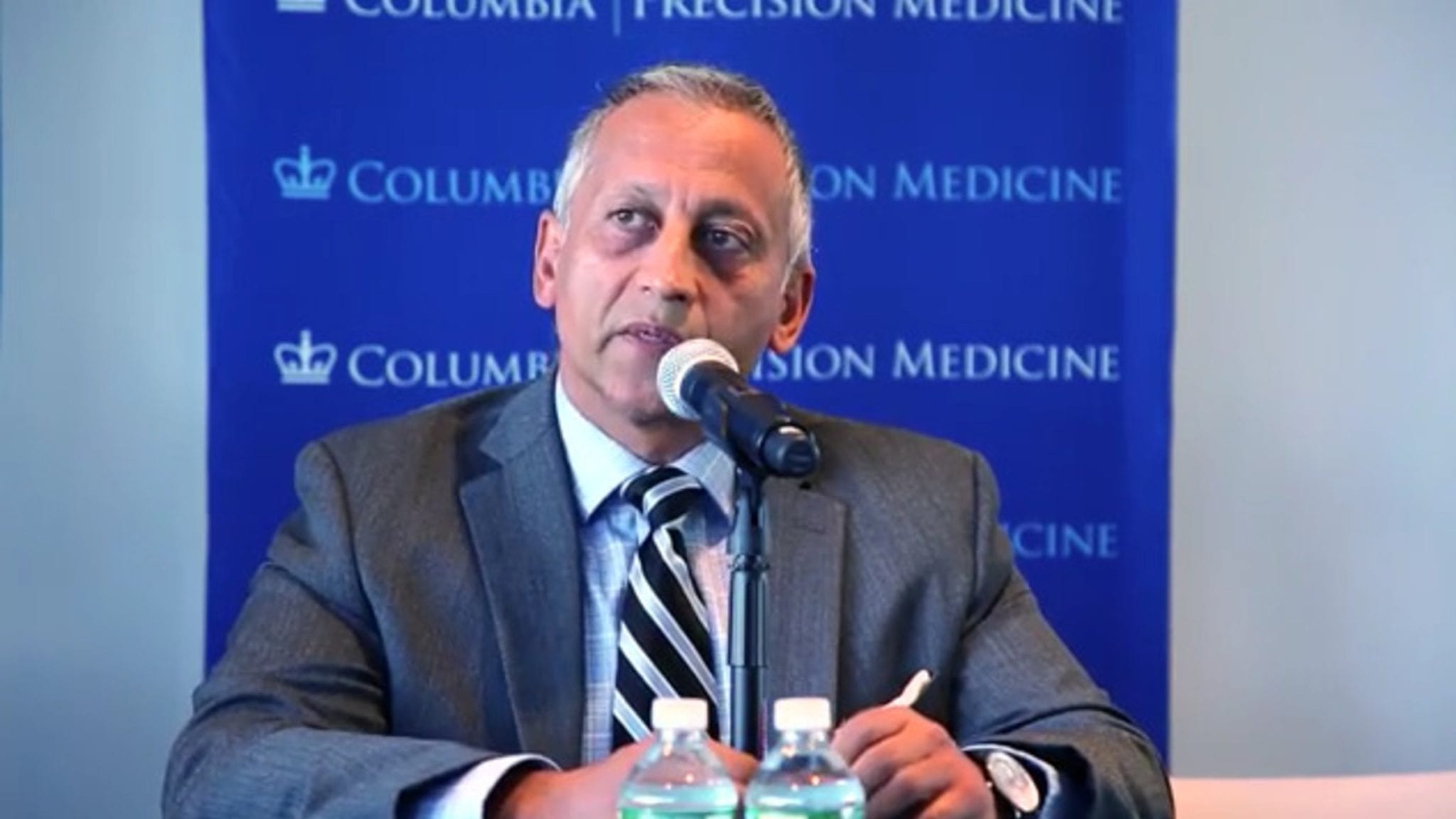
Cameron Durrant, Humanigen CEO (Columbia University Technology Ventures via YouTube)
Humanigen momentum barges on as Covid-19 candidate is selected for NIAID trial
One of “Pharma Bro” Martin Shkreli’s former biotechs came back from the dead during the Covid-19 pandemic thanks to its drug candidate targeting cytokine …
Sign up to read this article for free.
Get free access to a limited number of articles, plus choose newsletters to get straight to your inbox.